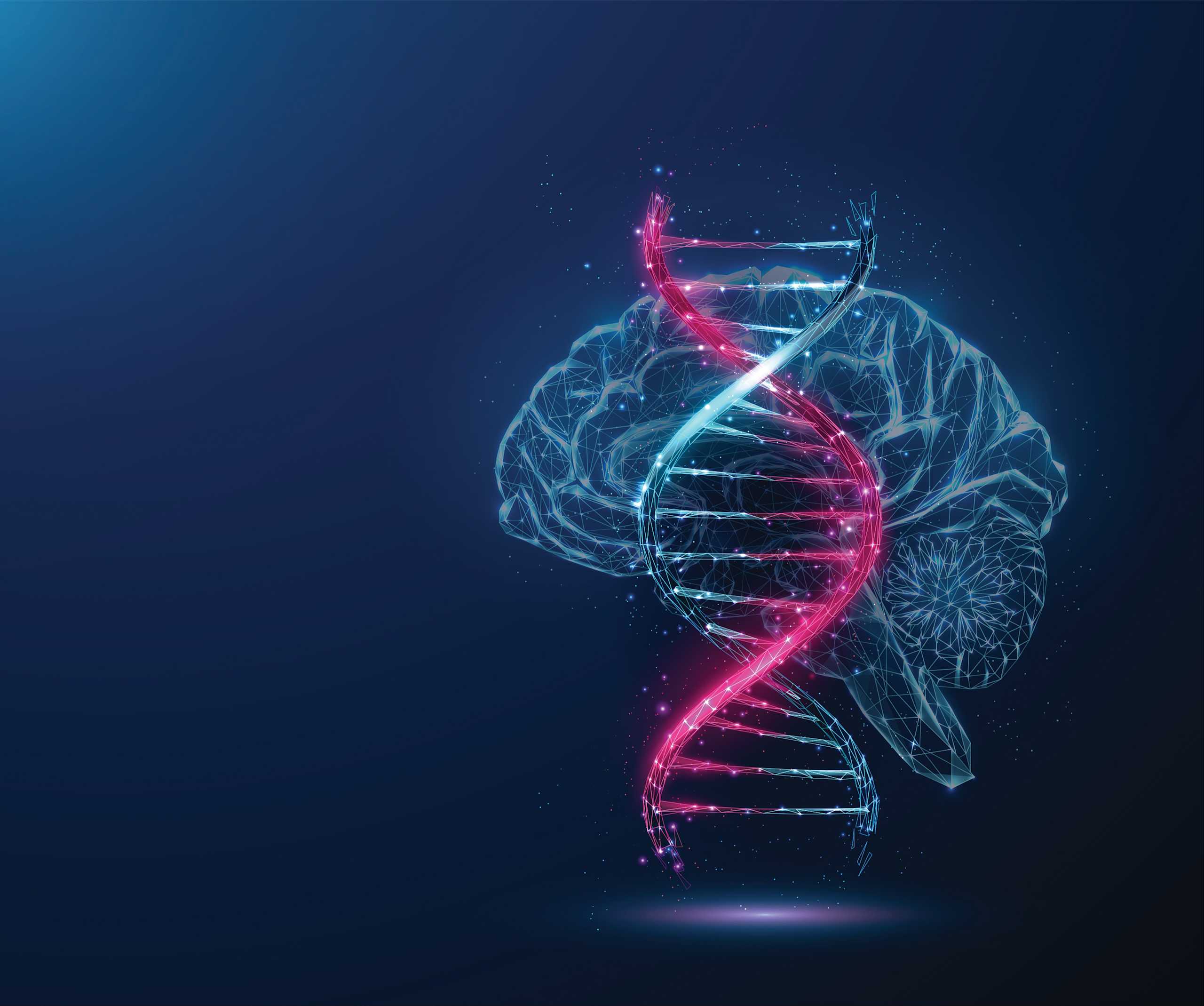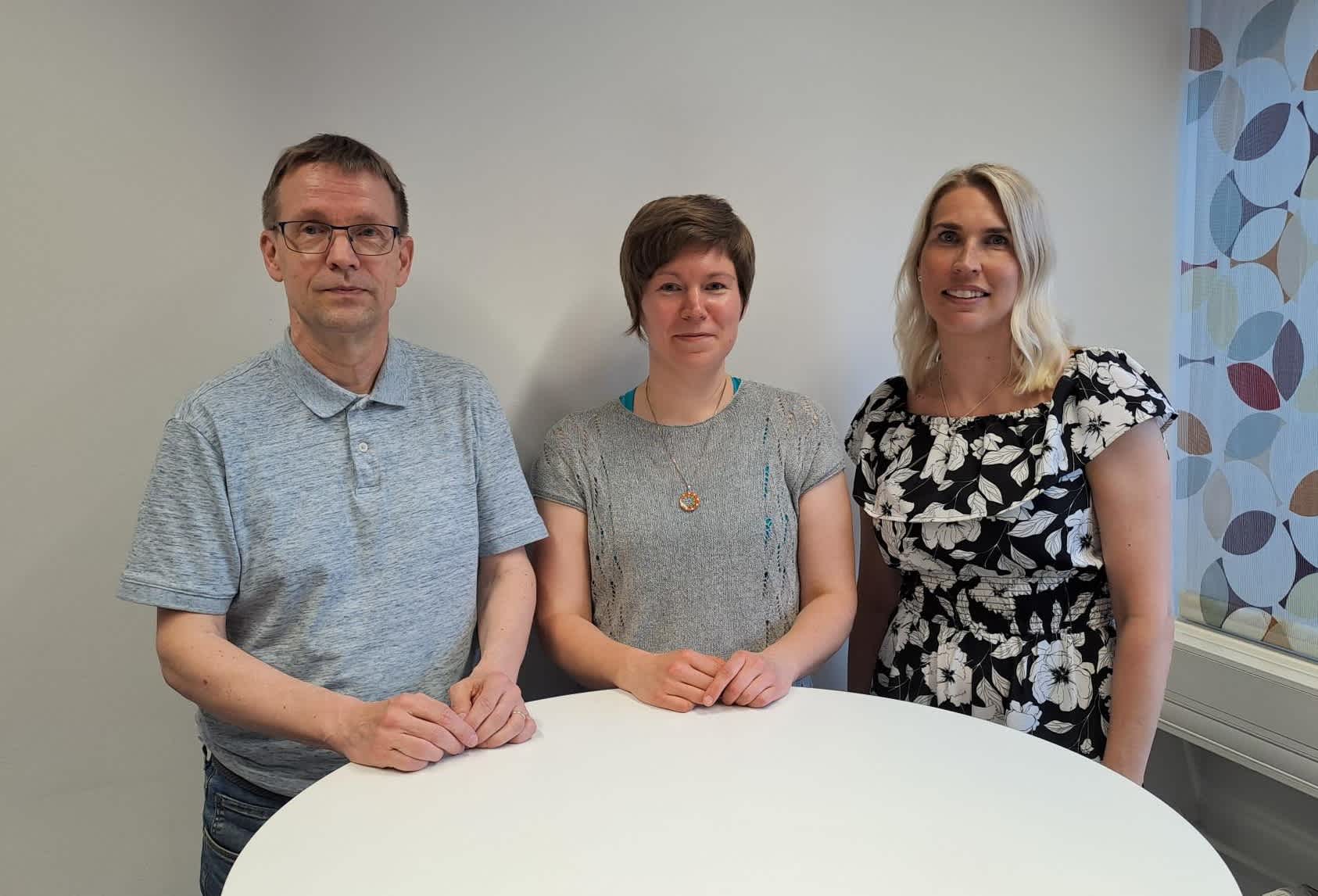
Recontacting biobank sample donors based on distinct genetic parameters for further research studies – building a genetic operating model and procedures for brain diseases
At the University of Eastern Finland (UEF), as part of an ongoing UEF Brain Research Unit 2.0 ERDF project (UEF BRU 2.0) an operating model is created and tested to identify people with underlying functional genetic variant associated with brain diseases, including frontotemporal lobar degeneration (FTLD) and Alzheimer’s disease (AD). The operating model is built in cooperation with the Biobank of Eastern Finland, UEF Genome Center, UEF Brain Research Unit, and the research groups of UEF.
The recontacting project according to the research protocol is consisted among cognitive healthy people, who have previously participated in neurological studies or given their consent to donate samples to the Biobank of Eastern Finland, including an option for recontacting into further biomedical studies.
Previously, feasibility of the process for clinical recontacting studies from FinnGen was shown by a pilot study on people whose records suggest they have early Alzheimer’s disease (Julkunen et al., 2023).
Here, individuals are selected from the biobank register based on genetic proxy markers (Gholami, 2024). These markers are used as indicators or proxies for the presence of other genetic variations. Genetic proxies are often employed when the direct measurement of a specific trait or outcome is challenging (Evangelou et al., 2018). “In this study, individuals are divided into two groups based on proxy marker, those who have certain genetic variant that may affect the risk of FTLD or AD, and for people who do not have these genetic variants. The forms of gene variants alone do not prevent or cause disease but can possibly affect the risk of the disease together with lifestyle and environmental factors,” says project worker of the UEF BRU 2.0 project, Staff Scientist of the UEF Genome Center, Seppo Helisalmi from the Institute of Biomedicine at the University of Eastern Finland.
In practice, biobank will recontact individuals suitable for the study by letter, including study information sample donors based on genetic data and ask them for permission to give their contact and genetic information to the research group. Selected donors will receive detailed information regarding the upcoming study and will be asked for a new written informed consent for their participation in it.
“At the Brain Research Unit of the University of Eastern Finland, healthy individuals donate blood and skin samples from which different type of cells will be collected and processed. Consequently, the cells will be programmed into cell types resembling brain cells (e.g. neurons, microglial cells) and used as models to study the functional effects of risk genes in the pathogenesis of disease in the translational research environment. These serve as relevant cell models for studying the early mechanisms of diseases,” says project worker of the UEF BRU 2.0 project, Clinical Research Nurse Jenni Niinimäki from the Brain Research Unit.
“By using information collected based on the research, different prospects can be found to treat brain diseases in a new way to find out the underlying mechanisms in the future. Accordingly, this approach will enhance the development of novel therapies for different brain diseases and to develop new biomarkers that predict brain diseases earlier,” emphasizes Professor Mikko Hiltunen from the Institute of Biomedicine at the University of Eastern Finland, who spearheads the project.
The UEF Brain Research Unit 2.0 project is funded by the European Regional Development Fund (ERDF). Further information on the project is available at: https://uefconnect.uef.fi/en/group/uef-brain-research-unit-2.0/.

Picture: Staff Scientist Seppo Helisalmi (left) and research nurse Jenni Niinimäki (right) visited the Institute of Biomedicine at the University of Eastern Finland to learn about isolating cells from a blood sample under the guidance of Senior Researcher Henna Martiskainen (centre).
Fingenious®operated by Finnish Biobank Cooperative – FINBB, is a gateway to Finnish biobanks and biomedical research that offers researchers easy access to high-quality public biobank samples, data, cohorts, and recruitable study participants. FINBB aims to enhance the competitiveness of Finnish health and biomedical research by providing researchers with centralized access to collections and services of the Finnish biobanks and their background organizations. FINBB's activities create value for its members and owners by providing services at the national level. FINBB is a cooperative owned by five well-being services counties, HUS, the six largest universities in Finland, and the Finnish Institute for Health and Welfare (THL). FINBB has eight member biobanks.
References:
Gholami M. Genetic variants and haplotype structures of miRNA host genes in cancer and obesity. J Biomol Struct Dyn. 2024 Jan; 4:1-7. doi:10.1080/07391102.2023.2300056.
Evangelou E, Warren HR, Mosen-Ansorena D, et al. Genetic analysis of over one million people identifies 535 new loci associated with blood pressure traits. Nat Genet. 2018 Oct; 50(10): 1412-1425.
Julkunen V, Schwarz C, Kalapudas J, et al. A FinnGen pilot clinical recall study for Alzheimer's disease. Sci Rep. 2023 Aug 3;13(1):12641. doi: 10.1038/s41598-023-39835-7.